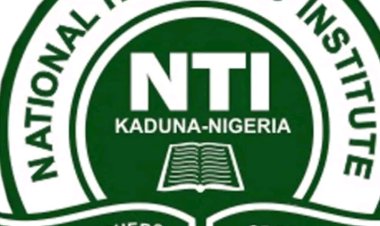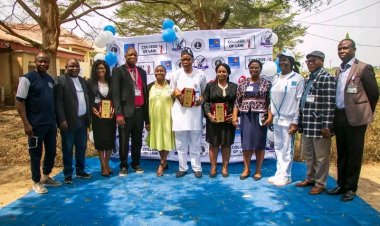JAMB Reduces UTME Registration Fee for Candidates with Disabilities, Announces Support Measures
JAMB has reduced the UTME registration fee for candidates with disabilities to N3,500 and will offer additional support measures, including free accommodation and transportation, as part of their commitment to equitable access to education.

The Joint Admissions and Matriculation Board (JAMB) has announced a reduction in the Unified Tertiary Matriculation Examination (UTME) registration fee for visually impaired and other candidates with disabilities from N5,000 to N3,500. This move is part of JAMB's efforts to promote equitable access to tertiary education for persons with disabilities (PWDs).
JAMB Registrar, Prof. Is-haq Oloyede, revealed this decision during a press conference held in anticipation of the board's Equal Opportunity Group (JEOG) first Africa Regional Conference on Equal Opportunity of Access to Higher Education (ARCEAHED) in Abuja. The conference is scheduled for September 17 and 18, 2024, at the Idris Abdulkadir Conference Hall, National Universities Commission (NUC).
Oloyede emphasized that the board will also provide free accommodation and transportation for candidates with disabilities requiring special examination settings. Additionally, candidates with disabilities who meet the academic criteria of five O’level credits will receive free application documents and other associated fees, including those for computer-based test (CBT) centres.
The conference aims to enhance access to higher education for PWDs and improve learning environments across Africa. Participants from countries including Ethiopia, Malawi, and Egypt are expected to attend.
Oloyede underscored the commitment to inclusivity and urged all stakeholders, including government agencies, educational institutions, and civil society, to collaborate in building a more inclusive educational system. He highlighted JAMB’s ongoing initiatives to support PWDs, including providing assistive tools and training educators in inclusive teaching methodologies.

 Lois Udoye
Lois Udoye 



